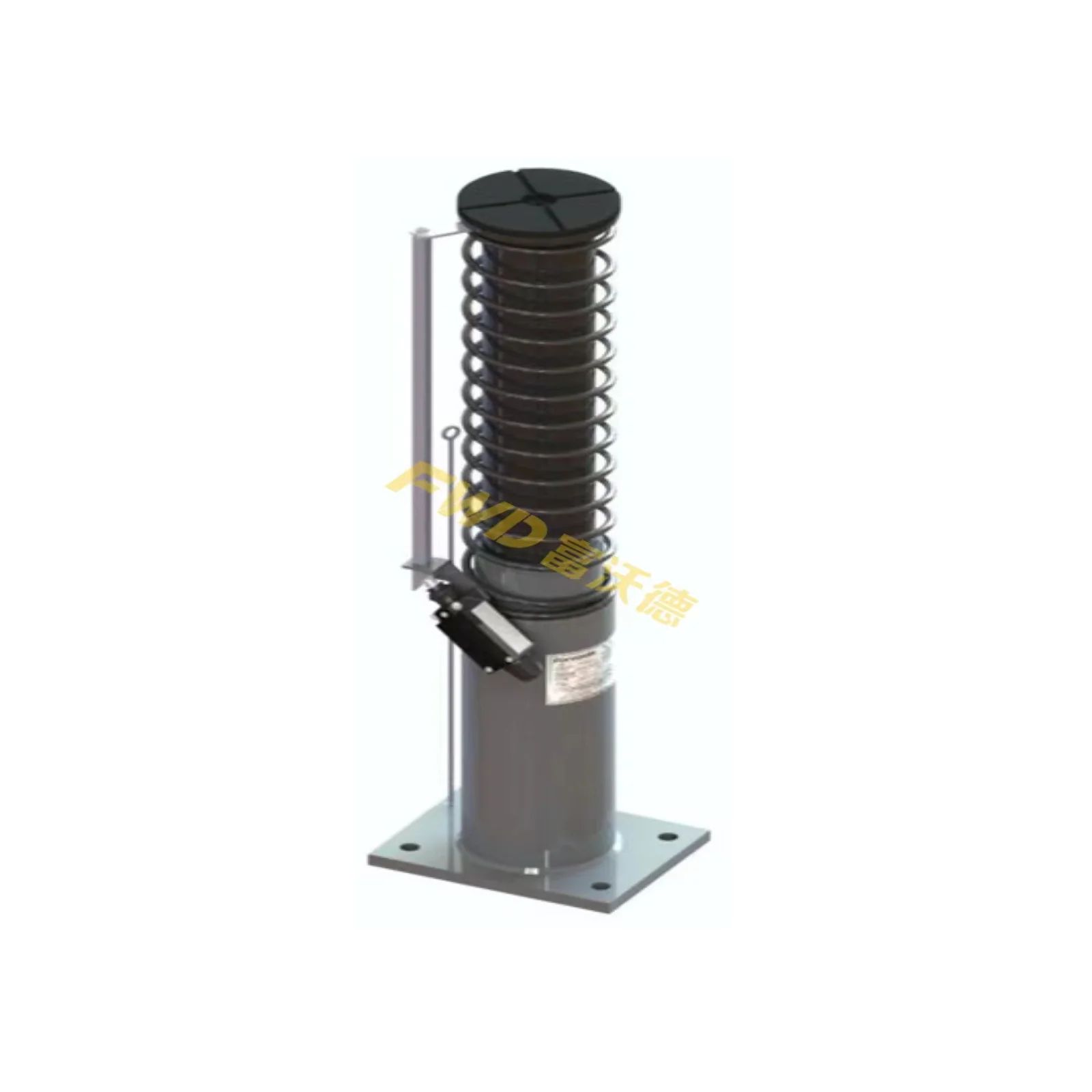Soldering is an essential skill for anyone venturing into electronics, whether you're a hobbyist, a student, or a budding professional. However, for beginners, the myriad of solder types available can be overwhelming. Understanding the nuances of solder can significantly impact your projects, from circuit board assembly to jewelry making. This article aims to demystify the world of solder and guide you in selecting the best solder for your needs as a beginner.
Understanding Solder: The Basics
At its core, solder is a fusible metal alloy used to join together metal workpieces. When heated, solder melts and flows into the joint, creating a strong electrical and mechanical connection upon cooling. The two primary types of solder are lead-based and lead-free, each with its own characteristics, advantages, and disadvantages.
- Lead-Based Solder
Lead-based solder, typically composed of tin and lead (commonly in a 60/40 ratio), has been the industry standard for decades. Its advantages include:
- Lower Melting Point: Lead-based solder melts at around 183°C (361°F), making it easier to work with for beginners.
- Excellent Flow Characteristics: It flows smoothly into joints, ensuring a strong bond.
- Good Electrical Conductivity: This type of solder provides reliable electrical connections, which is crucial for electronic applications.
However, due to health and environmental concerns, the use of lead-based solder is increasingly restricted, especially in consumer electronics.
- Lead-Free Solder
Lead-free solder is becoming the preferred choice in many industries, particularly due to regulatory changes like the RoHS (Restriction of Hazardous Substances) directive in Europe. Common compositions include tin-copper (SAC) and tin-silver-copper (SAC) alloys. Key points include:
- Higher Melting Point: Lead-free solder typically melts at temperatures ranging from 217°C to 227°C (423°F to 441°F), which can be challenging for beginners.
- Environmental Safety: Lead-free solder is less toxic and more environmentally friendly, making it a responsible choice.
- Variety of Alloys: Different lead-free solder formulations can provide specific benefits, such as improved wetting and reduced oxidation.
Factors to Consider When Choosing Solder
When selecting solder as a beginner, several factors should influence your decision:
- Application
The type of project you are working on will dictate the best solder choice. For general electronics, a 60/40 lead-based solder is often recommended for its ease of use. For projects requiring higher thermal resistance or compliance with environmental regulations, lead-free solder is advisable.
- Diameter
Solder comes in various diameters, typically ranging from 0.3mm to 1.0mm. For beginners, a diameter of 0.6mm to 0.8mm is ideal, as it provides a good balance between control and flow.
- Flux Core
Most solder comes with a flux core, which helps clean the metal surfaces and improves the flow of solder. For beginners, a rosin core solder is recommended, as it is easy to work with and provides good electrical conductivity. Avoid acid-core solder, which is more suited for plumbing and can damage electronic components.
Recommended Solder for Beginners
Based on the factors discussed, here are a few solder options that are particularly well-suited for beginners:
- Kester 44 Rosin Core Solder: This 60/40 tin-lead solder is a favorite among hobbyists for its excellent flow and low melting point. It’s ideal for general electronics work.
- MG Chemicals 835LP Lead-Free Solder: For those looking to avoid lead, this lead-free solder is a great alternative. It has a melting point of around 217°C and is suitable for various electronic applications.
- Weller Solder Wire: Available in both lead-based and lead-free options, Weller solder wire is known for its quality and reliability, making it a solid choice for beginners.
Conclusion
Choosing the right solder is crucial for successful soldering, especially for beginners. By understanding the differences between lead-based and lead-free solder, considering the application, diameter, and flux core, you can make an informed decision that will enhance your soldering experience. Whether you opt for the traditional ease of lead-based solder or the environmentally friendly lead-free options, the right solder will set you on the path to mastering this essential skill in electronics. Happy soldering!

